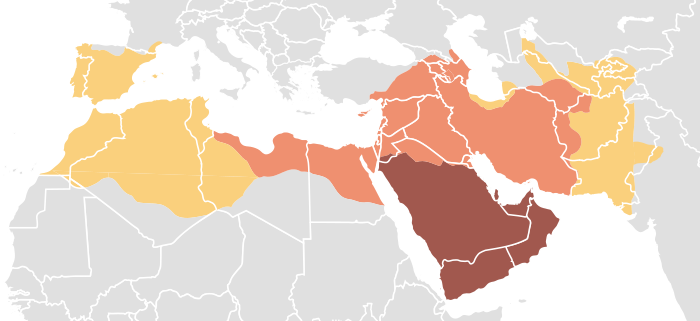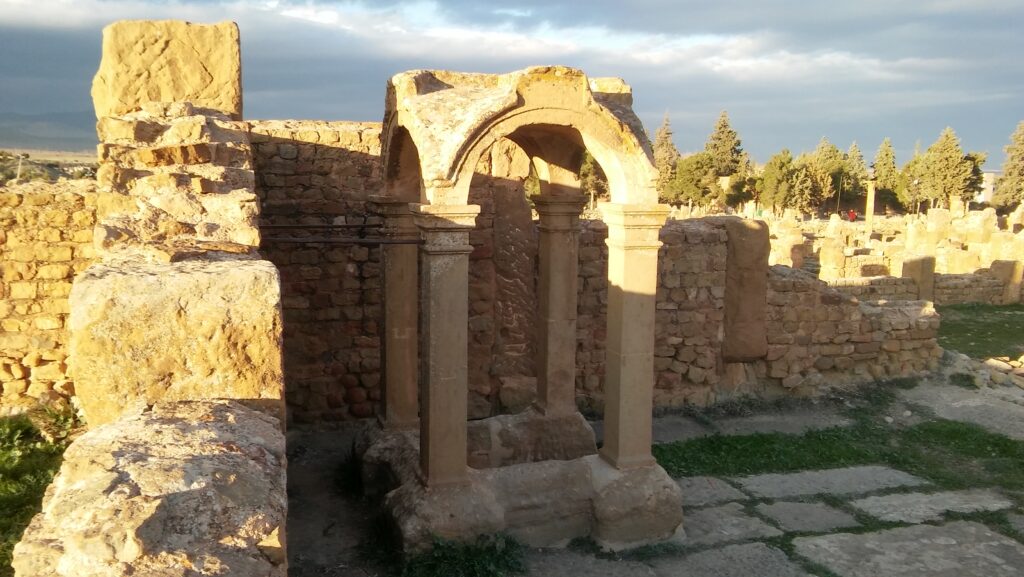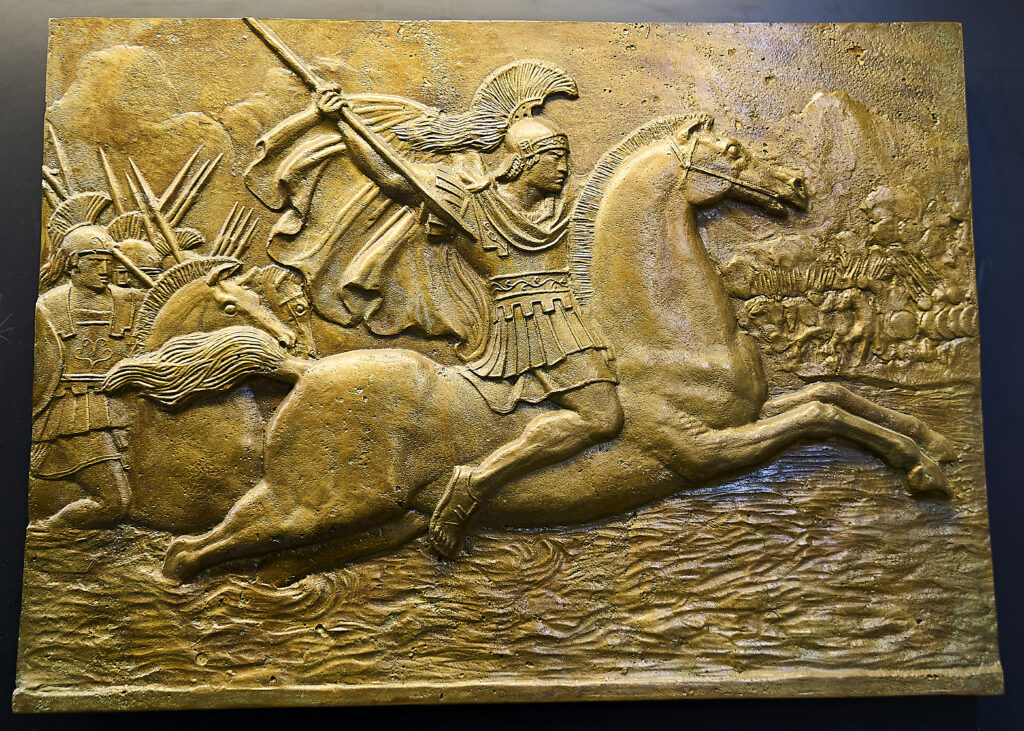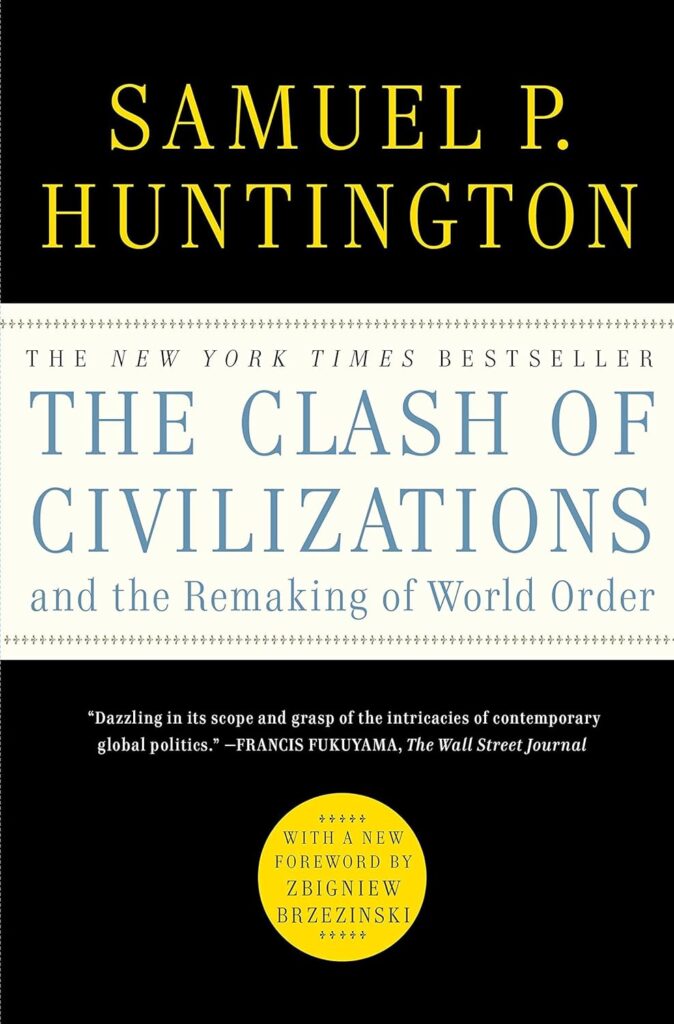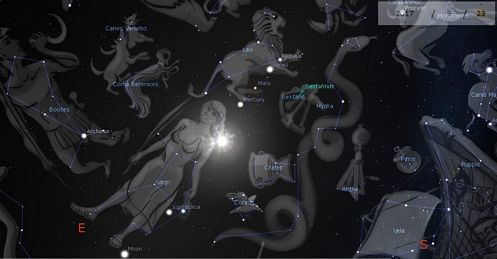
This Christmas season has been filled with heart-rending news out of Israel and infuriating news from Western Civilization’s once-great capitals–New York, London, Sydney, Paris.
The former, as realities of what Hamas terrorists did on October 7 have trickled out from survivors and released hostages, and, of course, the terrorists own GoPro footage.
The latter, watching those who despise Western (Christian) Civilization either celebrate or excuse those atrocities.
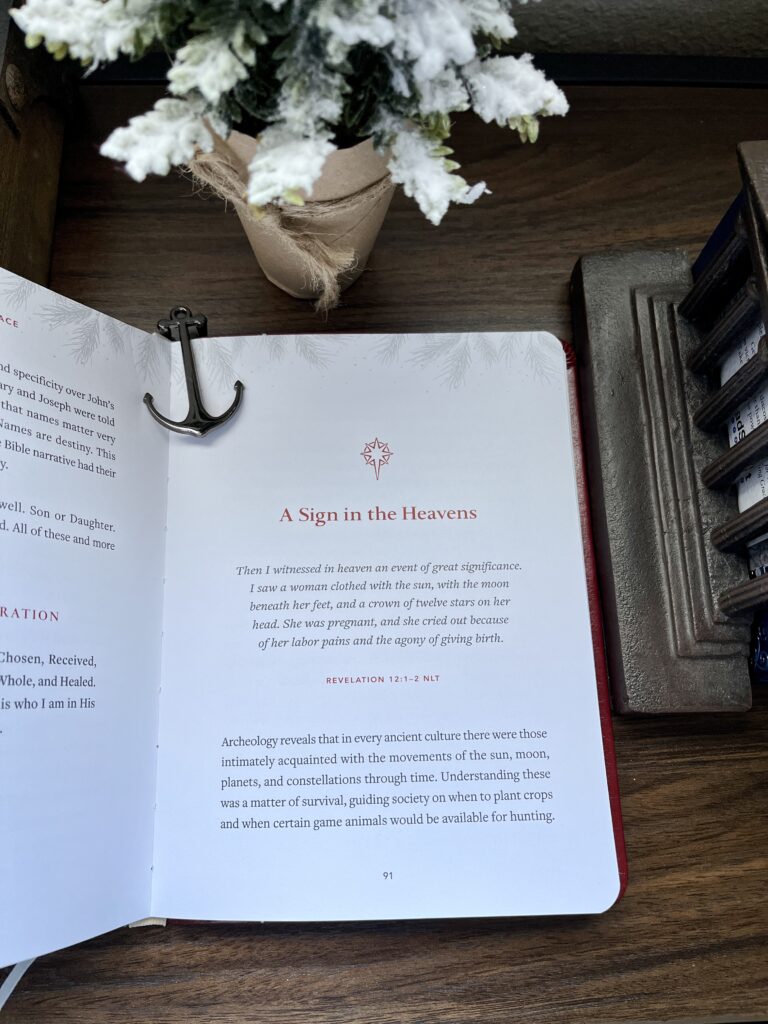
This season is also one in which I’ve made my annual efforts to promote my 31-day advent devotional, Christmas Grace: 31 Meditations and Declarations on the Greatest Gift Ever Given through my puny social media footprint. Would it surprise you to learn that there is an intersection between my devotional and the the events of the last two months? Including the re-emergence of widespread hatred for Jewish people? Well buckle up!
On pages 91 through 94 you’ll find an entry titled “A Sign in the Heavens.” You should definitely go buy the devotional and read it, but I’ll spoil that one for you. It’s about the sign the “magi” in the east saw that convinced them the prophesied “king of the Jews” had been born.
There I make the same case others have made. Namely, that the “sign” the star watchers saw was the same heavenly sign John was shown in Revelation Chapter 12.
What was it?
“A great sign appeared in heaven: a woman clothed with the sun, with the moon under her feet and a crown of twelve stars on her head. She was pregnant and cried out in pain as she was about to give birth.”
Revelation 12:1-2, NIV
If this indeed is the sign the magi saw, then it’s possible that Jesus was born on September 11, 3 BC–a date that coincides with the Jewish Feast of Trumpets that year.
What is abundantly clear is that the 14th chapter of Revelation is about the birth of Jesus; His entry into earth’s material/physical timeline; and His victory over Satan, signified and sealed by His ascension to the right hand of the Father. (This poses a bit of a problem for those who hold the “Futurist” view of Revelation–a view which holds that the book describes events that are future to us, yet Jesus’ birth and acension obviously lie in the past.)
What I want to get to in this post are the actions and reactions of the “dragon” in this prophetic vision. Let’s take a look:
Then another sign appeared in heaven: an enormous red dragon with seven heads and ten horns and seven crowns on its heads . . . The dragon stood in front of the woman who was about to give birth, so that it might devour her child the moment he was born. She gave birth to a son, a male child, who “will rule all the nations with an iron scepter.” And her child was snatched up to God and to his throne.
Revelation 12:3-5
You probably won’t be shocked to learn that the dragon in this vision is Satan. (Verse 9 makes this explicit.)
Here, from a heavenly-spirit realm vantage point, we see Satan’s efforts to prevent the birth of the Messiah. Of course, he would. He’d heard God’s prophetic promise to Eve that one day her Seed would crush his head. In a sense, the entire Old Testament is a narrative of God’s preparations to fulfill that promise and the Serpent’s efforts to prevent it. Failing to prevent it, he does what he can to kill the “Child.” (Recall Herod’s “slaughter of the innocents” in Bethlehem.)
Here in the vision we see that the dragon fails and the Child is ultimately “snatched up to God and His throne.” So how does the dragon respond to these failures? He becomes “enraged.”:
Then the dragon was enraged at the woman and went off to wage war against the rest of her offspring—those who keep God’s commands and hold fast their testimony about Jesus.
Revelation 12:17
Throughout Christian history, there has been much speculation about who “the woman” is in this vision. Not surprisingly, Roman Catholics see Mary, the mother of Jesus. Others have seen ethnic Israel as “the woman.” I think this is almost, but not quite, right.
For reasons I’m about to explain, I think the woman in the vision represents “believing Israel,” that is, the faithful remnant of Judah that was receptive to the preaching of, initially, John the Baptist, and later of Jesus and His disciples.
Many Old Testament prophecies speak of this “remnant.” (See, for example 2 Kings 19:30-31; Ezra 9:8; Is. 10:20; Is. 11:11; Is. 28:5; Is. 37:31-32; Jeremiah 6:9; Jeremiah 31:7; Micah 2:12; Micah 5:7; Zeph. 3:12; and many others.
These are the the Jewish inhabitants of the Land who embraced the message that Jesus was the promised Messiah.
Simeon and Anna who rejoiced to see the infant Jesus when Joseph and Mary brought Him into the Jerusalem Temple are representative of this believing remnant.
Having failed to prevent the birth and acsencion of the Messiah, notice what the “enraged” dragon’s next move is . . . He “went off to wage war against the rest of [the woman’s] offspring.” And who are these offspring? “Those who keep God’s commands and hold fast their testimony about Jesus.”
In other words . . . Christians.
The book of Revelation was written in the midst of a fierce persecution of Christians by the Roman Empire. John’s vision of the woman and the dragon serves to explain to believers in that era that the trouble they were currently facing was the aftermath of a cosmic spiritual battle that Satan had just lost.
In a series of recent blog posts, I’ve made the case that Leftists and Progressives hate Israel for the same reason they despise Christians, the traditional family, traditional marriage, traditional gender roles, and childbearing. You can read them here, here, and here. That reason is that Israel represents an island of Western Civilization in a pagan sea.
But what of the persecution of Jews throughout history. It is not, as some Christians have surmised throughout the centuries, divine judgement resulting from the rejection of the Christ.
Matthew’s gospel is is very careful to note that the Jerusalem mob that demanded Jesus’ crucifixion cried out, “His blood be upon us an upon our children.” (Matthew 27:25) That’s two generations. And significantly, it is that second generation that experienced the judgment that both John the Baptist and Jesus had prophesied. Precisely 40 years to the day after Jesus’ Passover Eve crucifixion, Roman armies began surrounding Jerusalem–a sign Jesus had expressly told the Jerusalem beleivers to be on the lookout for! (Luke 21:20)
A few months later, the Temple was a pile of smoldering rubble, just as Jesus had warned. (Matthew 24:2)
No, the persecution of Christians and Jew-hatred share the same hellish spiritual root.
Namely, that dragon, enraged by his failure to stop the emergence of that Child-King from the womb of a faithful remnant of Israel hates ethnic Jews almost as much as he hates Christians. Which explains why perpetrators of the most vicious atrocities against Jews have had demonic/occult leanings.
You may be aware that Hitler’s Nazi regime was rooted in demonic occult fascination. The KKK showed its demonic cards by making cross burnings a centerpiece of their pseudo-Christian cult. And the sadistic perpetrators of The Inquisition were as likely to torture proto-Protestant Christians as they were Jews.
The “dragon” was desperate to prevent the birth of the Child (Jesus) and, failing that, to tempt and decieve this second “Adam” the same way he had deceived the first one. The First Adam failed the test of obedience in a lush garden with a full belly. The Last Adam passed the test of obedience in a barren desert while starving.
Satan wasn’t sure precisely how Emmanuel spelled his doom. (Otherwise he would not have crucified the Lord of Glory. (1 Cor. 2:8) But he knew it nonetheless.
In closing, let me direct your attention to a special prophecy concerning the age of the Messiah. In a passage prophetically addressing a believing remnant of Judah, Isaiah 26 speaks of a “woman” in labor:
As the pregnant woman approaches the time to give birth, She writhes and cries out in her labor pains;
Isaiah 26:17 NASB
The prophecy continues into chapter 27, where we read:
On that day the Lord will punish Leviathan the fleeing serpent, With His fierce and great and mighty sword, Even Leviathan the twisted serpent; And He will kill the dragon who lives in the sea.
Isaiah 27:1 NASB
Yes, the dragon continues to be “enraged.” But he is also in retreat. And under a death sentence.
For 2000 years he has been a “fleeing serpent.” And the day of his complete destruction is a forgone conclusion. The moment that Last Adam ascended to the throne and began gathering willing, believing Jews and Gentiles into Himself, creating “one new man,” Satan became an outlaw and a trespasser on planet earth.
So now you know how the Christmas story connects to the current global eruption of hatred for Jews. Its source is the same force that animates persecution of Christians in China and Nigeria and Iran and Algeria and pretty much everywhere in the non-Western world.
As Jesus followers–both Jew and Gentile–our posture toward unbelieving Jews has always been a complicated matter. Paul recognized this and so spent most of the book of Romans–the longest of his epistles–addressing it. His case culminates in chapters nine, ten and eleven.
That complexiity and tension is summed up toward the end of chapter 11, where Paul describes Jesus-rejecting Jews as both “enemies” and “beloved.”
In relation to the gospel they are enemies on your account, but in relation to God’s choice they are beloved on account of the fathers; for the gifts and the calling of God are irrevocable.
Romans 11:28-19 NASB
Summary:
It seems abundantly clear to me that the same unholy spirits that hate the King, His Kingdom, and His Body (the Church) despise Israel– both national and ethnic. Those spirits animate the mass protests filled with people carrying signs saying “By Any Means Necessary . . .” and “From the River to the Sea” while chanting “globalize the intifada.”
They rationalize and justify monstrosities while calling the victims monsters. They advocate for genocide while accusing their targets of genocide.
What’s vital to keep in mind is those spirits are part of a “fleeing serpent who is under judgment and already experiencing punishment. And that “our struggle is not with flesh and blood but with the principalities, with the powers, with the world rulers of this present darkness, with the evil spirits in the heavens.” (Ephsians 6:12)




